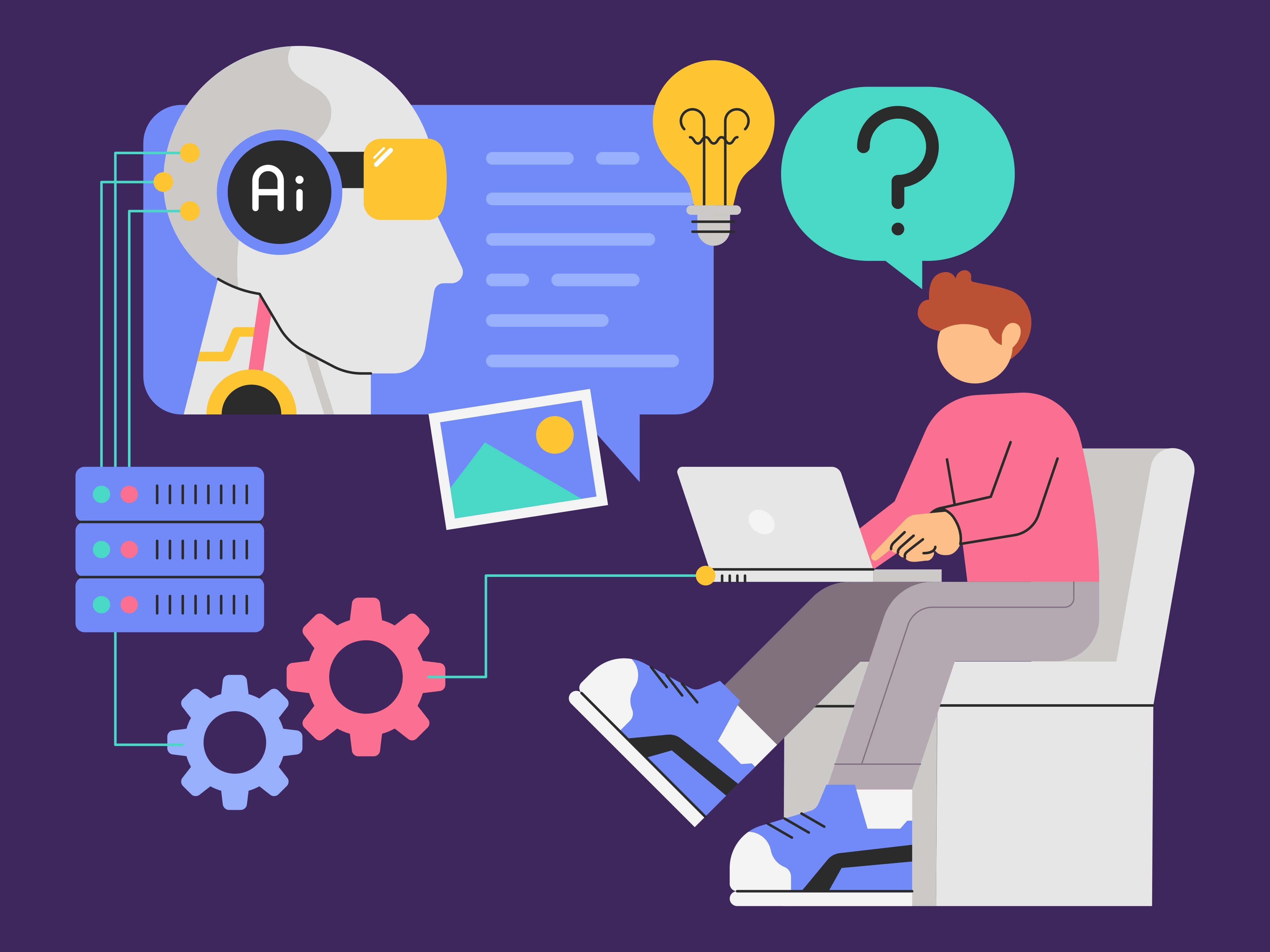Think of AI tools like power drills—highly effective at specific tasks when used by a skilled worker. AI agents, however, are like expert contractors who not only use the drill but decide when and how to use it, anticipate project needs, and adjust to unexpected challenges.
While both AI tools and AI agents can boost efficiency, they operate in fundamentally different ways. Understanding this distinction is key to unlocking AI’s full potential. Let’s break it down.
1. AI Tools: Enhancing Human Capabilities
AI tools are like high-powered assistants. They help users complete tasks faster, more accurately, and with less effort. However, they always require user input and don’t make decisions independently.
Examples of AI Tools:
CRM Automation Software: AI-driven platforms that help manage customer relationships by tracking interactions and automating follow-ups.
Chatbots: Customer service bots that respond to common questions but escalate complex issues to humans.
Email Optimization Tools: AI-powered platforms that analyze email data and aim to optimize sending.
AI tools are fantastic for businesses that need automation but still want human oversight and control over decision-making. If you're an expert who needs a tool to complete a specific task efficiently, AI tools are a great fit. But if you want AI to take ownership of a project while you focus on other priorities, AI agents are the way to go.
2. AI Agents: Independent Decision-Makers
Unlike AI tools, AI agents operate autonomously. They are designed to analyze their environment, make decisions, and act without constant human supervision. AI agents work within defined parameters but can adapt to changes and learn over time, making them far more powerful and flexible than static tools.
Examples of AI Agents:
AI-Driven Recruiting Agents: AI systems that screen candidates, schedule interviews, and even conduct initial assessments.
Smart Scheduling Assistants: AI systems that manage calendars, book meetings, and send reminders without user prompts.
AI Sales Reps: Autonomous sales agents that handle customer inquiries, negotiate pricing, and close deals without human intervention.
Because AI agents function independently, they offer a level of automation that can revolutionize business processes. More importantly, AI agents continuously learn from data and interactions, improving over time to deliver even greater efficiency and strategic value.

3. Choosing the Right AI for Your Business
Before implementing AI, ask yourself:
Do we need automation or decision-making? If the goal is efficiency, an AI tool is the right choice. If you need adaptability and autonomy, an AI agent might be better.
How much oversight do we want? AI tools require human guidance, while AI agents can function independently with minimal intervention.
What value does AI autonomy bring to our business? AI agents can drive efficiency by proactively identifying opportunities and optimizing processes, reducing manual effort.
4. Business Intelligence Solutions
Traditional business intelligence solutions (Tableau, PowerBI, ThoughtSpot, etc.) have layered in artificial intelligence - creating strong AI tools for data experts looking to better perform their job.
Newer BI solutions, however, are taking a different approach. Instead of helping data experts at large businesses, they're creating AI Agents that mimic the work of a data expert. Platforms like Vairo.ai for instance, use AI agents to actively analyze data, surface valuable insights, and even take action—helping non-data experts achieve results.
A good AI agent functions like a world-class employee—you can ask it questions and assign tasks, but ideally, it already knows what needs to be done and helps you achieve your objectives with minimal oversight. Are you ready to start hiring AI employees?

Waitlist
